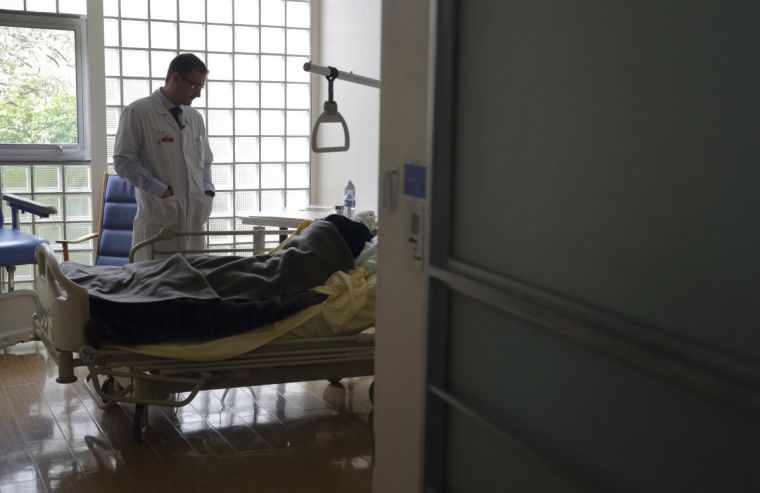The taking of human lives — legally and with doctors' consent — has been made much easier in this European country

The justification for legally and medically taking a person's life appears to have been lowered to yet another alarming level in The Netherlands.
Recently released reports from the Dutch Euthanasia Commission revealed that a woman in her 20s was subjected to mercy killing after her mental health condition was declared "insufferable" by a team of doctors and psychiatrists in the Netherlands, according to the Catholic News Agency.
Explaining further, the reports said the woman suffered from post traumatic stress disorder (PTSD), anxiety, and other mental illnesses resulting from the continued sexual abuse she suffered from age 5 to 15.
The doctors eventually concluded that her condition was "incurable," thus legally justifying the woman's death by euthanasia under Dutch law.
Health professionals and advocates in the United States deplored the Dutch action, saying it sends a message of hopelessness to other patients suffering from PTSD and those who are simply in despair.
"I think it's devastating in the message that it sends," said Dr. Greg Bottaro, a clinical psychologist with the CatholicPsych Institute.
"But by putting this out there in this public mindset, it calls into question even more the people who are in despair and it gives them greater reason to believe that it's worth giving up."
The Dutch reports show that this particular euthanasia case was not even an exceptional one, noting that the number of people with mental illnesses who have died at the hands of doctors has significantly increased since the practice was first legalised in the Netherlands in 2002, according to The Telegraph.
In 2010, only two people were subjected to mercy killing due to "insufferable" mental conditions. But the number rose to 56 in 2015, according to the Telegraph based on the documents from the Dutch Euthanasia Commission.
Dutch psychiatrist Paulan Stärcke suggested that the number should have been higher if not for the fact that psychiatrists are even "too hesitant" to agree to euthanise patients with psychiatric diseases.
Stärcke, who has carried out euthanasia requests at the country's End-of-Life clinic, said children as young as 12 should be allowed to request to end their lives and be taken seriously.
Dr. Bottaro said this pro-euthanasia mindset is a dangerous threat to public health.
"It's really a threat to public health itself, because one of the biggest hurdles to get over in treating these illnesses is despair, and a lot of times the first part of treatment is to instil hope that the possibility of healing is there and it's worth working towards, no matter how difficult it might be, that the goal is worth the struggle."
Dr. Bottaro said he doesn't understand how Dutch doctors and psychiatrists could reach a diagnosis of "incurable," pointing out that while there are complex and severe cases of trauma, there's never a point where all hope is lost.
"There's always hope for further treatment," he said.











